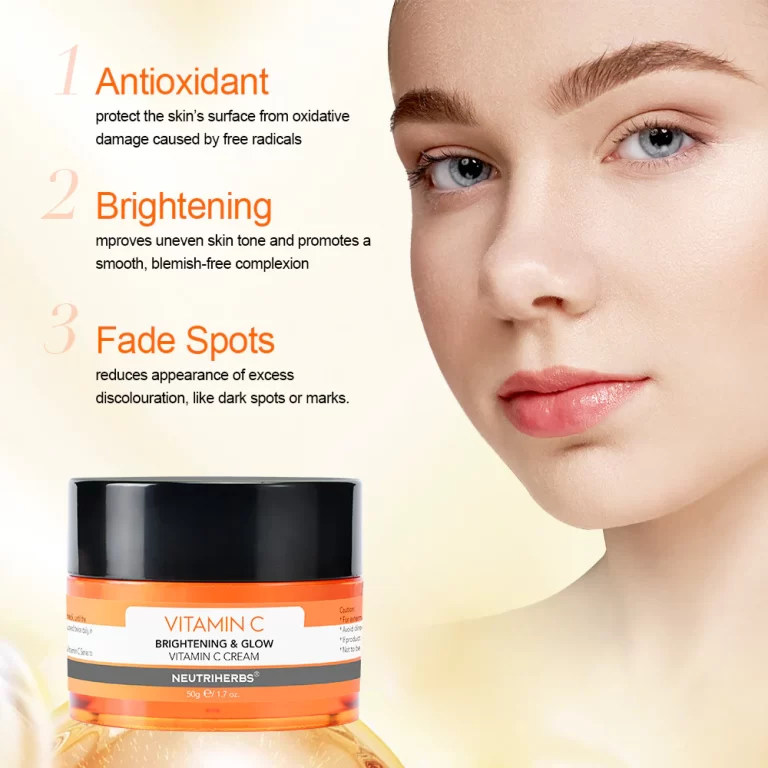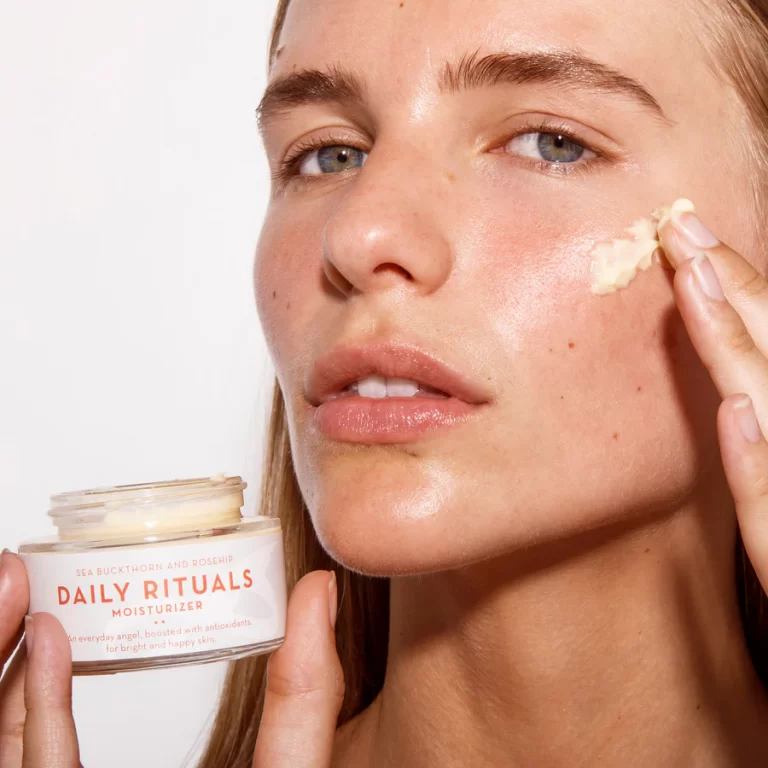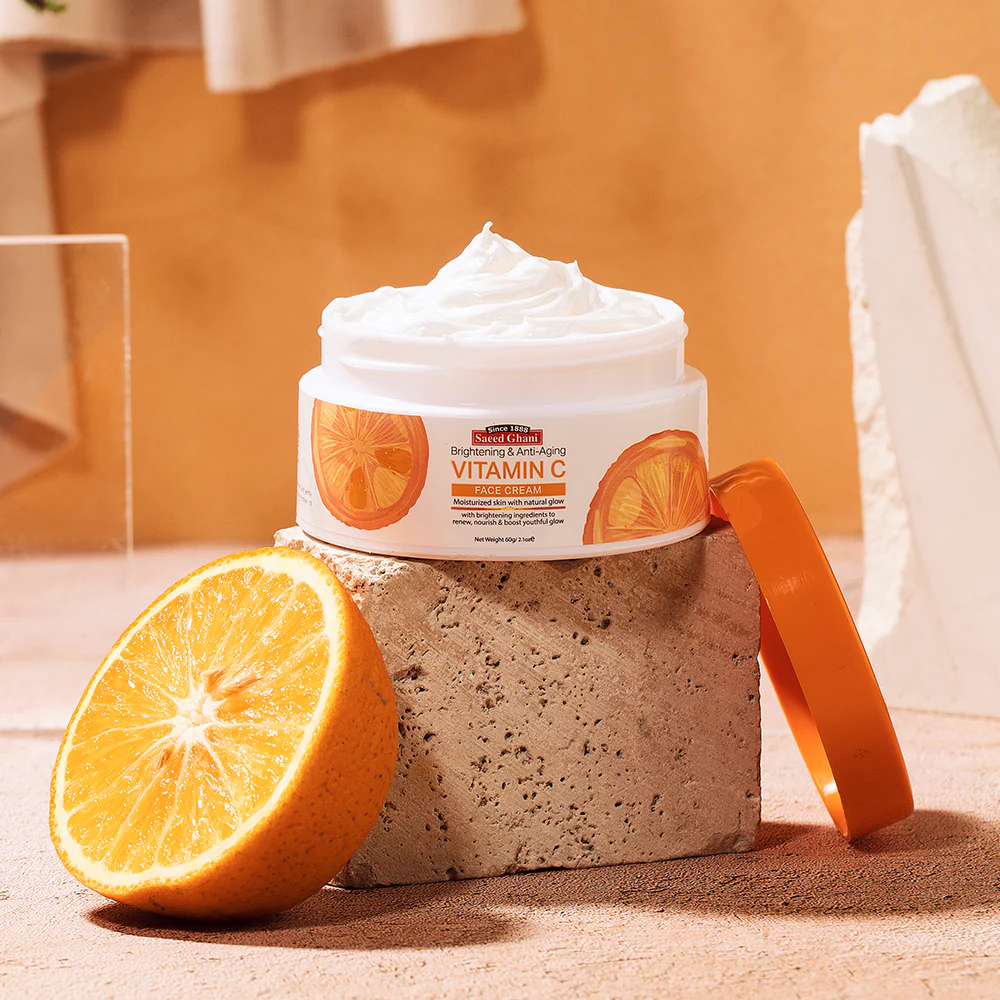
The Ultimate Guide to Best Face Cream for Aging Skin
Understanding Aging Skin and Its Needs
Aging skin presents unique challenges that require specialized care. As the years pass, skin undergoes various changes that affect its appearance and function. Collagen and elastin production slow down, leading to the formation of fine lines and wrinkles. The skin’s natural moisture barrier weakens, resulting in increased dryness and sensitivity. Additionally, years of sun exposure can cause hyperpigmentation and uneven skin tone. Cell turnover rate decreases, leaving skin looking dull and less radiant. These changes necessitate a targeted approach to skincare, particularly when it comes to choosing the right face cream.
Aging skin requires ingredients that can address multiple concerns simultaneously. Hydration becomes paramount as the skin’s ability to retain moisture diminishes. Antioxidants play a crucial role in protecting against further damage from free radicals. Ingredients that stimulate collagen production help to improve skin elasticity and firmness. Gentle exfoliants can promote cell turnover, revealing fresher, more youthful-looking skin. Furthermore, aging skin benefits from ingredients that strengthen the skin barrier and provide intense nourishment. Understanding these needs is the first step in selecting the most effective face cream for aging skin.
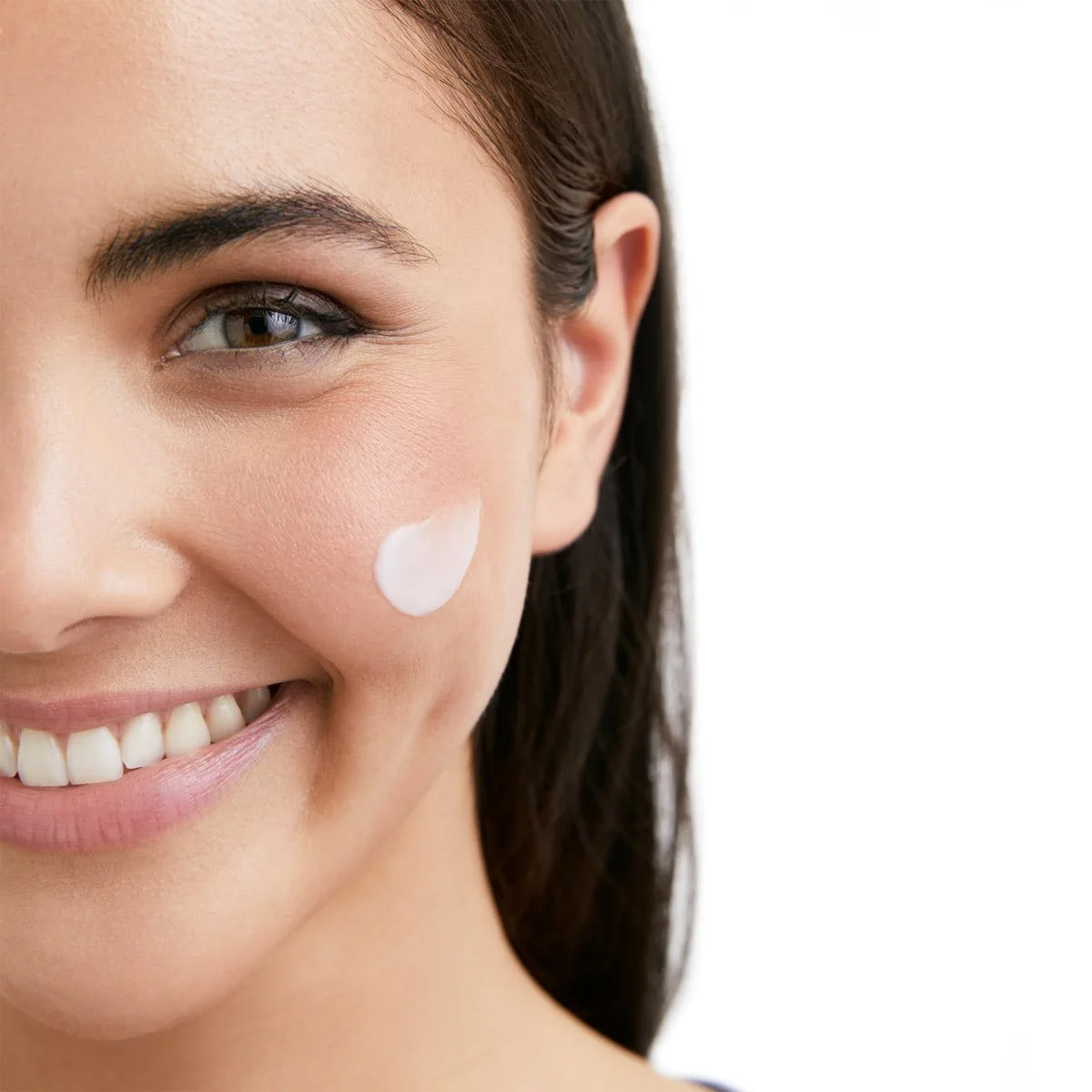
Key Ingredients to Look for in Anti-Aging Face Creams
The effectiveness of face creams for aging skin largely depends on their ingredient composition. Retinol, a vitamin A derivative, stands out as a powerhouse ingredient in anti-aging skincare. It promotes cell turnover, stimulates collagen production, and helps to fade dark spots. Hyaluronic acid is another crucial component, known for its ability to hold up to 1000 times its weight in water, providing intense hydration and plumping the skin. Peptides, short chains of amino acids, signal the skin to produce more collagen, improving firmness and elasticity. Antioxidants such as vitamins C and E protect the skin from free radical damage and brighten the complexion.
Niacinamide, a form of vitamin B3, helps to improve skin elasticity, reduce fine lines, and even out skin tone. Ceramides play a vital role in strengthening the skin barrier, locking in moisture and protecting against environmental stressors. Alpha-hydroxy acids (AHAs) like glycolic acid gently exfoliate the skin, promoting cell turnover and improving texture. Coenzyme Q10, a naturally occurring antioxidant in the body, helps to neutralize free radicals and boost collagen production. Plant-based oils such as jojoba, argan, or rosehip provide nourishment and help to seal in moisture. Lastly, SPF is an essential ingredient in any anti-aging face cream, protecting the skin from further sun damage.
The Importance of Hydration in Anti-Aging Skincare
Hydration plays a pivotal role in maintaining youthful-looking skin and combating signs of aging. As skin ages, its ability to retain moisture diminishes, leading to dryness, fine lines, and a loss of plumpness. Well-hydrated skin appears more supple, radiant, and resilient to environmental stressors. Proper hydration supports the skin’s natural barrier function, which is crucial for protecting against irritants and maintaining overall skin health. Face creams for aging skin should prioritize hydration through a combination of humectants, emollients, and occlusives. Humectants like hyaluronic acid and glycerin attract water to the skin, providing immediate hydration.
Emollients such as ceramides and fatty acids smooth and soften the skin, filling in small cracks and preventing water loss. Occlusives like petrolatum or certain plant oils create a protective layer on the skin, sealing in moisture. The right balance of these hydrating ingredients ensures that the skin remains moisturized throughout the day. Additionally, well-hydrated skin allows for better penetration of other active ingredients in the face cream, enhancing their efficacy. Consistent hydration can also help to plump up fine lines and wrinkles, giving the skin a more youthful appearance. Therefore, when choosing a face cream for aging skin, look for formulations that offer multi-level hydration to address the complex moisture needs of mature skin.
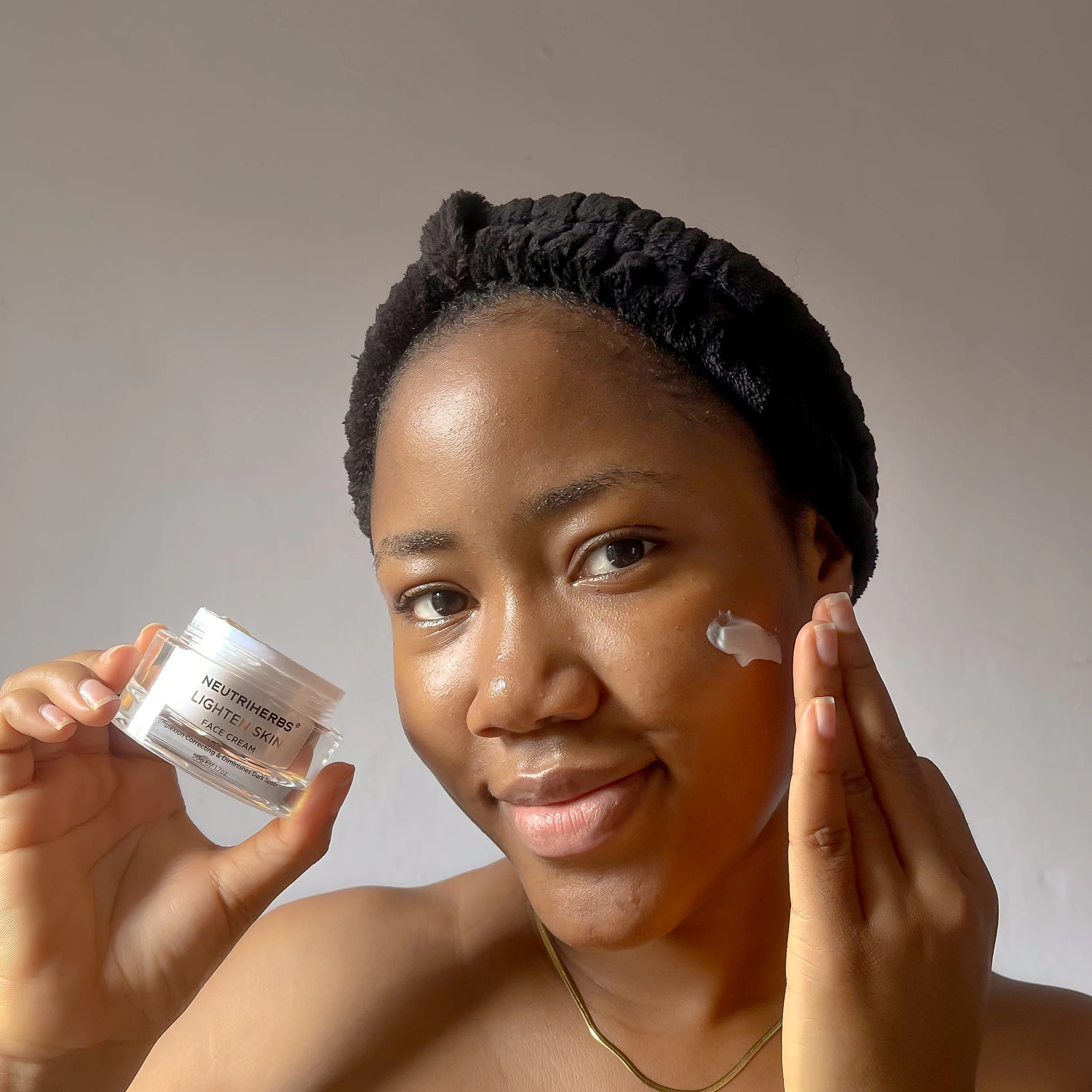
Addressing Specific Aging Skin Concerns
Aging skin often presents multiple concerns that need to be addressed simultaneously. Fine lines and wrinkles are perhaps the most common issues, requiring ingredients that boost collagen production and improve skin elasticity. Retinol and peptides are particularly effective in this regard. Uneven skin tone and age spots, caused by years of sun exposure and hormonal changes, can be improved with ingredients like vitamin C, niacinamide, and alpha-arbutin. These components work to brighten the skin and fade hyperpigmentation. Loss of firmness and sagging skin benefit from ingredients that stimulate collagen and elastin production, such as peptides and certain plant extracts.
Dullness, another hallmark of aging skin, can be addressed with gentle exfoliants like alpha-hydroxy acids, which promote cell turnover and reveal fresher, more radiant skin. Enlarged pores, which can become more noticeable with age, can be minimized with ingredients that regulate sebum production and refine skin texture, such as niacinamide and salicylic acid. For those experiencing increased skin sensitivity, look for creams with soothing ingredients like aloe vera, chamomile, or allantoin. Some face creams for aging skin are formulated to target specific areas, such as the delicate eye area or the neck, which may require more specialized care. By choosing a face cream that addresses multiple aging concerns, you can streamline your skincare routine while effectively combating various signs of aging.
The Role of Antioxidants in Anti-Aging Face Creams
Antioxidants play a crucial role in anti-aging skincare, offering protection against environmental stressors that accelerate the aging process. These powerful compounds neutralize free radicals, unstable molecules that damage skin cells and break down collagen and elastin. By incorporating antioxidants into face creams, formulators provide a defense mechanism against premature aging caused by factors such as UV radiation, pollution, and stress. Vitamin C stands out as a potent antioxidant that not only protects the skin but also brightens the complexion and stimulates collagen production. Vitamin E complements vitamin C, enhancing its stability and effectiveness while providing additional protection against UV damage.
Green tea extract, rich in polyphenols, offers anti-inflammatory benefits alongside its antioxidant properties. Resveratrol, derived from grapes and berries, has shown promising anti-aging effects by protecting skin cells from damage. Niacinamide, while known for its other benefits, also functions as an antioxidant, helping to repair DNA damage in skin cells. Coenzyme Q10, naturally present in the body but declining with age, provides powerful antioxidant protection when applied topically. Some face creams incorporate a blend of antioxidants to provide comprehensive protection against various types of free radicals. The regular use of antioxidant-rich face creams can help prevent and reverse signs of aging, leading to healthier, more youthful-looking skin over time.
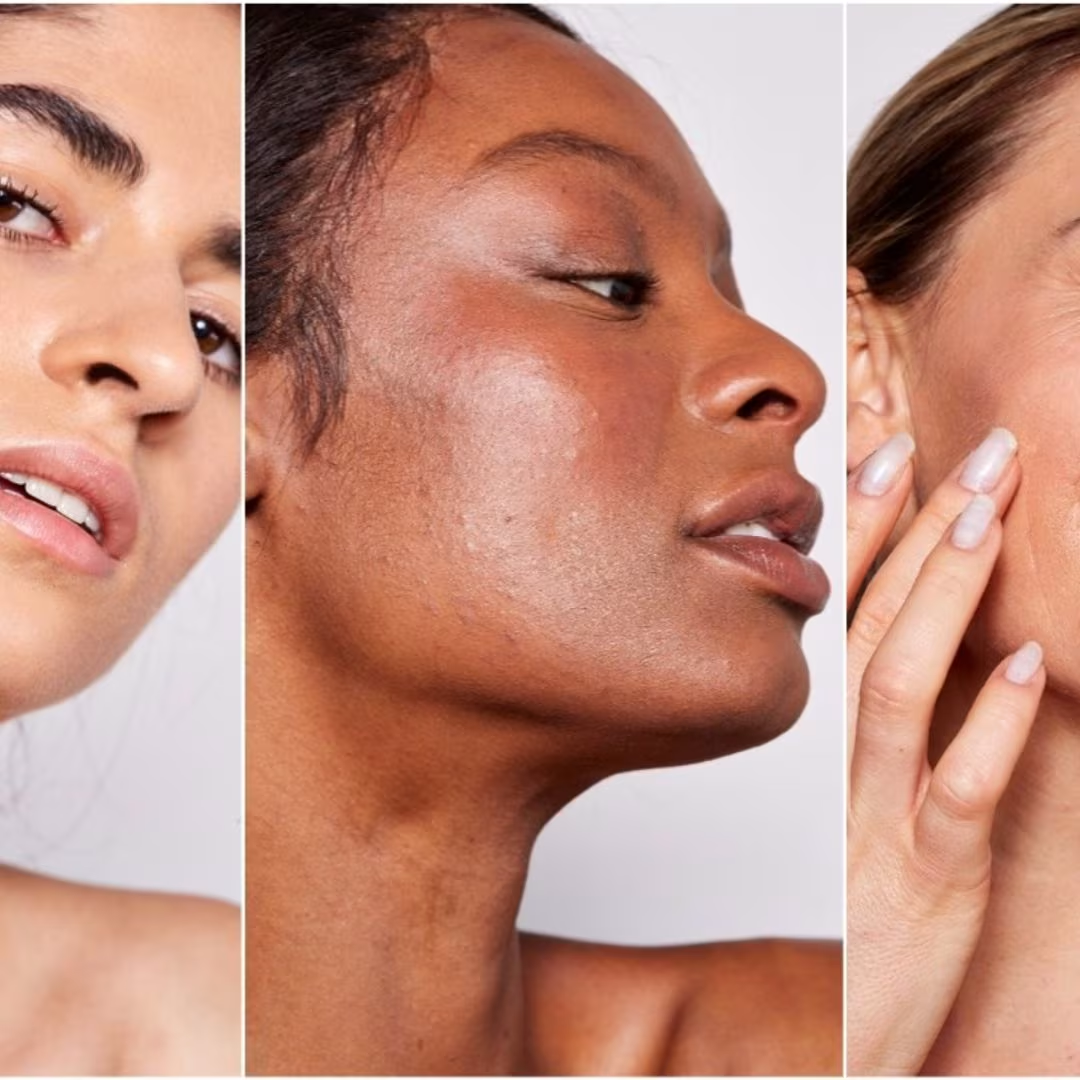
Texture and Formulation Considerations for Aging Skin
The texture and formulation of face creams play a significant role in their effectiveness and suitability for aging skin. As skin matures, its needs change, often requiring richer, more nourishing formulations. However, the ideal texture can vary depending on individual skin types and personal preferences. Cream-based formulations tend to work well for dry or very mature skin, providing intense hydration and a protective barrier. These richer textures often contain higher concentrations of oils and emollients, which can be beneficial for skin that lacks natural oils.
For those with combination or oily aging skin, lighter lotions or gel-creams might be more suitable, offering hydration without feeling heavy or greasy. Some face creams come in a whipped texture, providing a luxurious feel while delivering potent anti-aging ingredients. Serums, while not creams in the traditional sense, can be an excellent addition to an anti-aging skincare routine, offering high concentrations of active ingredients in a lightweight format.
The absorption rate of the cream is another important factor. Fast-absorbing formulations work well for daytime use, especially under makeup, while richer creams that take longer to absorb are ideal for overnight use. Some face creams utilize time-release technology, slowly dispensing active ingredients throughout the day or night for prolonged effectiveness. When choosing a face cream for aging skin, consider not only the active ingredients but also how the texture and formulation complement your skin type and lifestyle.
Day vs. Night Creams for Aging Skin
The distinction between day and night creams is crucial when developing a comprehensive skincare routine for aging skin. Day creams focus on protection and light hydration, preparing the skin to face environmental stressors. These formulations often include SPF to shield against UV rays, the primary cause of premature aging. Antioxidants feature prominently in day creams, offering an additional layer of defense against free radicals generated by sun exposure and pollution.
The texture of day creams tends to be lighter, allowing for easy application under makeup. Ingredients like vitamin C are common in day creams, brightening the complexion and providing antioxidant benefits. Night creams, on the other hand, concentrate on repair and regeneration. These formulations are typically richer, capitalizing on the skin’s natural nighttime renewal processes. Retinol, a potent anti-aging ingredient, is often found in night creams due to its photosensitivity.
Night creams may also contain higher concentrations of hydrating ingredients to combat moisture loss during sleep. Peptides and growth factors, which stimulate collagen production, are frequently included in night creams to support skin repair. Some night creams incorporate gentle exfoliants to promote cell turnover, revealing fresher skin by morning. While using separate day and night creams is beneficial, some face creams are formulated for 24-hour use, offering a balance of protective and repairing ingredients.
The Impact of Lifestyle on Aging Skin and Cream Efficacy
While choosing the right face cream is crucial for addressing aging skin, lifestyle factors play an equally important role in skin health and the effectiveness of skincare products. Sun protection stands out as the most critical factor in preventing premature aging. Regular use of broad-spectrum sunscreen, in addition to other sun-protective measures, can significantly slow down the aging process. Diet also impacts skin health; a balanced diet rich in antioxidants, healthy fats, and hydrating foods can support the skin from within.
Staying well-hydrated by drinking plenty of water helps maintain skin elasticity and aids in the transport of nutrients to skin cells. Adequate sleep is essential for skin repair and regeneration, enhancing the efficacy of night creams. Stress management is another crucial factor, as chronic stress can accelerate aging and diminish the skin’s ability to repair itself. Regular exercise improves circulation, promoting a healthy glow and aiding in the delivery of nutrients to the skin.
Avoiding smoking and excessive alcohol consumption can prevent premature aging and allow anti-aging creams to work more effectively. Environmental factors like pollution and harsh weather conditions can impact skin health, making protective skincare measures even more important. Consistency in skincare routine is key; even the best face cream will show limited results without regular, long-term use. By addressing these lifestyle factors alongside using high-quality face creams, individuals can maximize their efforts in maintaining youthful, healthy skin.
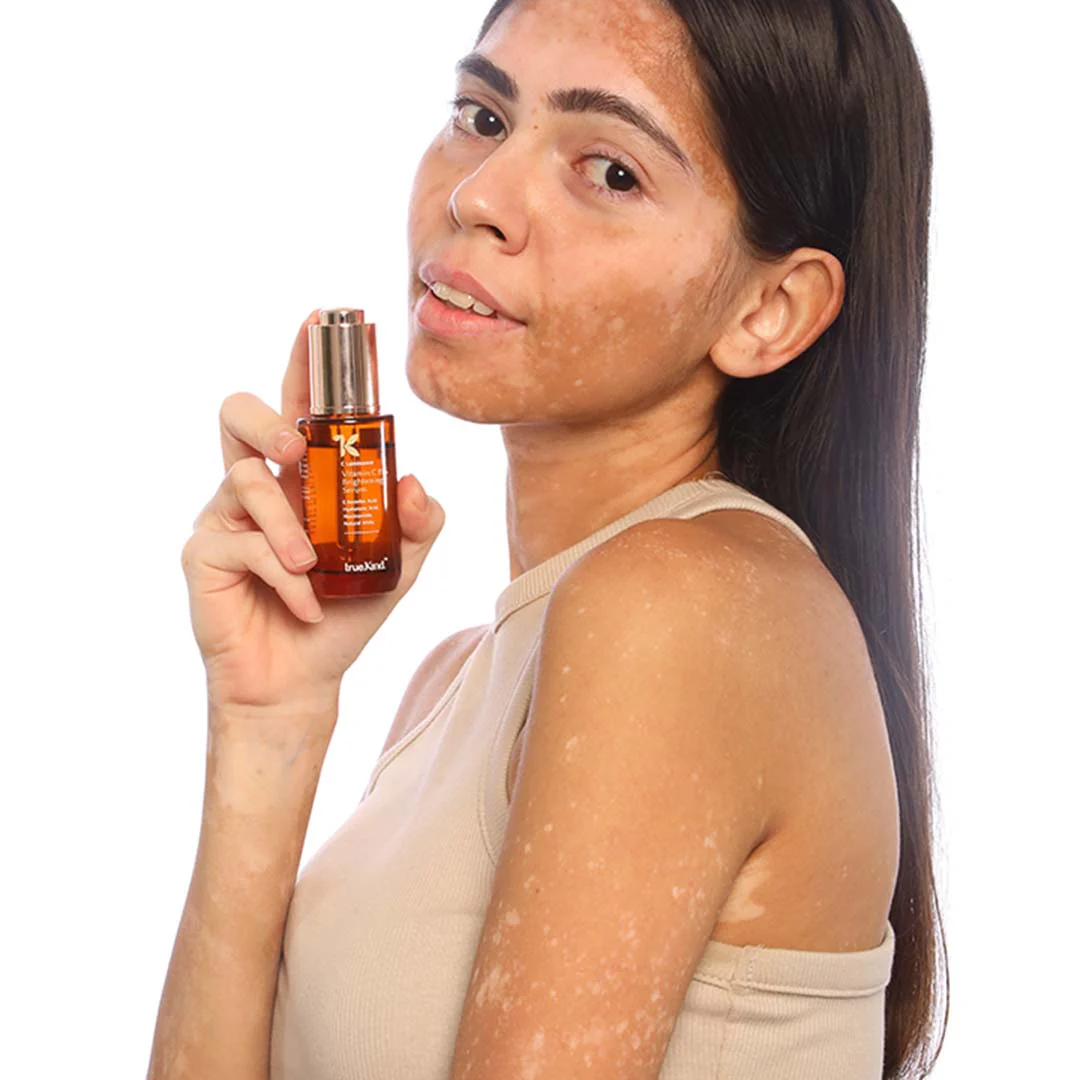
The market for anti-aging face creams is vast and can be overwhelming. To choose the right product, start by accurately assessing your skin type and specific concerns. Dry, mature skin may benefit from richer creams with intense hydrating properties, while combination or oily aging skin might prefer lighter, non-comedogenic formulations. Consider your age and the stage of aging your skin is experiencing; early signs of aging require different approaches compared to more advanced stages. Read product labels carefully, looking for the key anti-aging ingredients discussed earlier.
Be wary of products that make unrealistic claims or promise instant results. Price doesn’t always correlate with efficacy; some moderately priced creams can be just as effective as luxury brands. Look for products backed by scientific research and positive customer reviews. Consider any skin sensitivities or allergies you may have when selecting a face cream. If possible, obtain samples or travel-sized versions to test products before committing to a full-size purchase.
Consult with a dermatologist for personalized recommendations, especially if you have specific skin conditions or concerns. Be patient when trying new products; most face creams require consistent use for several weeks before showing noticeable results. Don’t be afraid to adjust your choice as your skin’s needs change with seasons or over time. Remember that the best face cream for you is one that addresses your unique skin concerns, feels comfortable on your skin, and fits into your lifestyle and budget.
Future Trends in Anti-Aging Face Creams
The field of anti-aging skincare is constantly evolving, with new technologies and ingredients emerging regularly. One significant trend is the move towards personalized skincare, with companies offering customized face creams based on individual skin analyses and genetic testing. Artificial intelligence is being employed to create tailored formulations that adapt to changing skin needs. Another emerging trend is the incorporation of stem cell technology in face creams, promising enhanced skin regeneration and repair. Epigenetics in skincare is gaining attention, with products designed to influence gene expression for anti-aging benefits.
Microbiome-friendly formulations are becoming more prevalent, recognizing the importance of maintaining a healthy skin microbiome for overall skin health. Sustainable and clean beauty continues to grow, with brands focusing on natural, environmentally friendly ingredients and packaging. Delivery systems are becoming more sophisticated, with nano-technology allowing for deeper penetration of active ingredients. Multifunctional products that combine anti-aging benefits with protection against blue light and pollution are on the rise.
Ingestible skincare supplements designed to work in tandem with topical creams are gaining popularity. Cryotherapy-inspired products that provide a cooling effect to reduce inflammation and boost circulation are emerging in the market. As research continues, we can expect to see even more innovative ingredients and formulations designed to combat the signs of aging more effectively and holistically.
